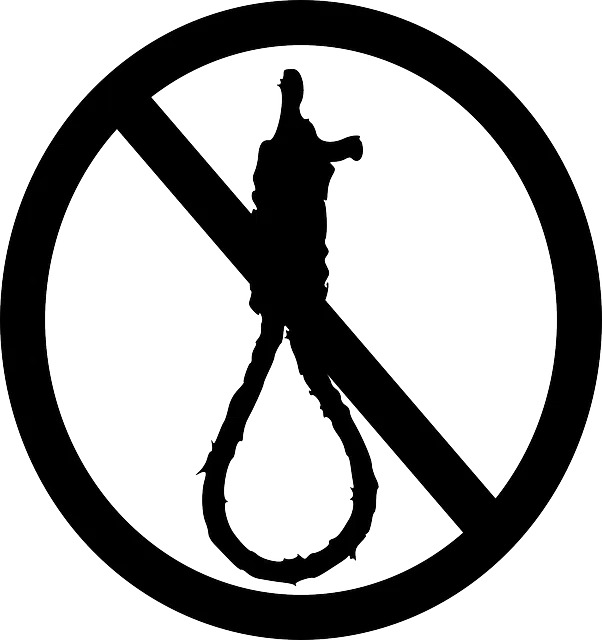
Portugal was one of the pioneer nations in the abolition of slavery.
Abolition means the action and the consequence of abolishing . This verb, according to the Royal Spanish Academy (RAE), describes the fact of rendering invalid, invalidating, canceling or repealing a custom, a precept or a law .
Associated with abolition arises the notion of abolitionism , which identifies the doctrine that promotes the revocation of those laws, decrees or precepts that do not respect human rights or contemplate moral principles . Generally, this idea is used to cite the movement that pursued the abolition of slavery .
Abolition of slavery
It should be noted that abolitionism had its own particularities in each nation . Portugal is considered one of the pioneers in the matter, since it was the Marquis of Pombal who decided to abolish slavery in that country around the year 1761 . In 1854 , he decreed the liberation of all slaves in his colonies, until, fifteen years later, the absolute abolition of slavery was achieved throughout the Portuguese empire.
In this area, we have to emphasize that one of the most important conflicts in history that had the abolition of slavery as its central axis was the United States Civil War carried out in the 19th century. A military conflict in which the Northern States, which defined themselves as clearly anti-slavery, and those of the South, the so-called Confederate States of America, who were in favor of said slavery, faced each other.
This civil war had several causes but one of the main ones was precisely that that unjust and criminal form of subjection was abolished in the north. However, at the end of the war and as a result of President Abraham Lincoln managing to defeat the south of the country, it would be repealed in 1865 throughout the territory.

Many activists push for the abolition of the death penalty.
The concept in cinema
The world of television and cinema has perfectly captured the cruelty of slavery through works such as, for example, the film Amistad (1997) by Steven Spielberg, which revolves around the real case of a group of African slaves who were discovered by the United States on a Spanish ship in the mid-19th century. These brought with them a controversy within said American society about whether to consider them free or whether to maintain their condition of slavery.
In the same way, we cannot overlook the value in this sense of the television series North and South (1985), which revolves around two young people who become friends at a military academy and who will see their relationship broken when the aforementioned War breaks out. of Secession and find themselves on rival sides: one in which they reject slavery and another in which they support it.
Other applications of the concept of abolition
Beyond the accepted usage that relates to slavery, abolition has many other meanings. The word is linked, for example, to a group that promotes that animals are not treated as property and that strives to achieve recognition of the rights of all species.
Abolitionism is also promoted in relation to forced prostitution , with the attempt to fight against the reasons that generate it (coercion, economic conditions, etc.).
On the other hand, there are abolitionist currents regarding wage labor (which is considered an extension of slavery) and prisons (mostly for the punishment of crimes whose direct victims are not people).
